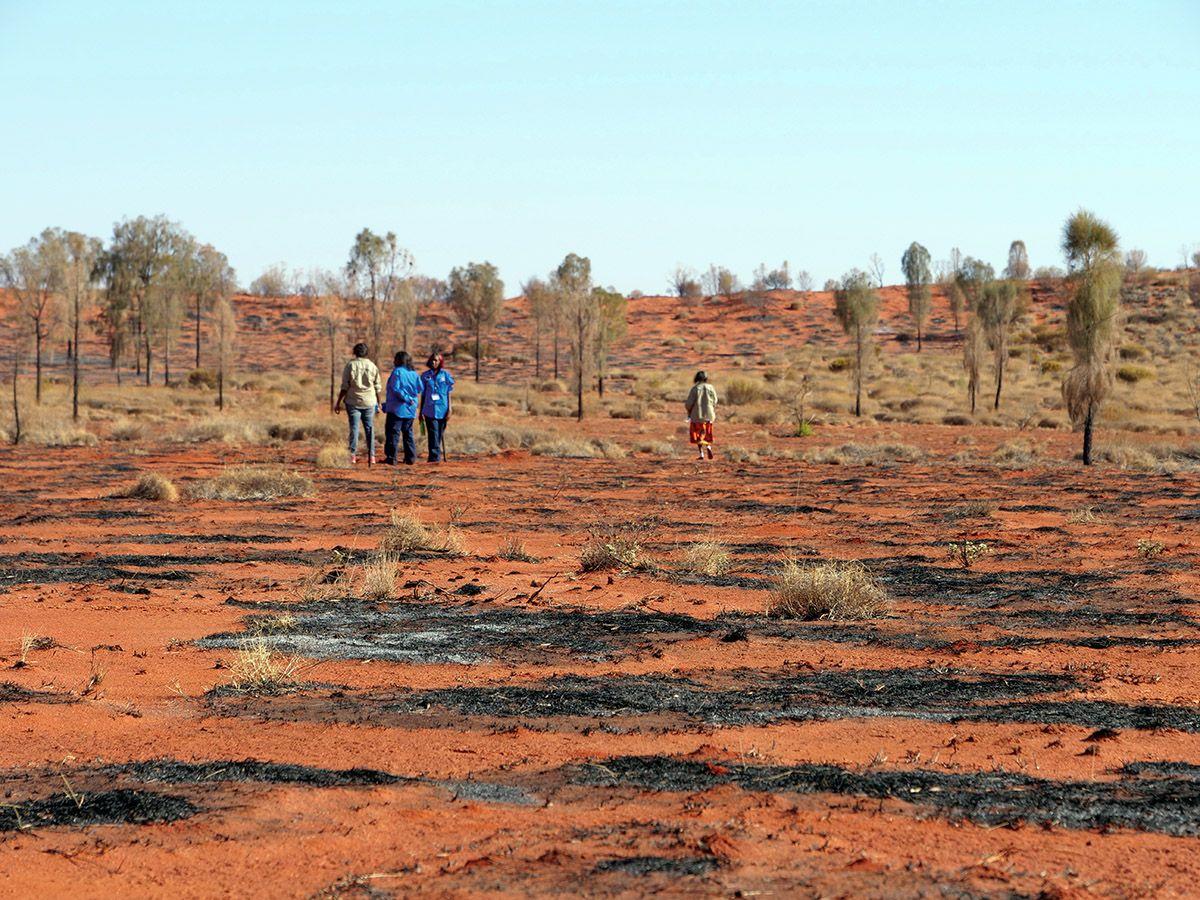10 ways that our national environmental laws must change

Carnabys black cockatoo. Image: Lancelot239, CC BY-NC 4.0 DEED via iNaturalist
Media Release
13 December 2023
The Biodiversity Council is calling for an overhaul of Australia’s biodiversity offsets system, so that it is not used to justify unsustainable development.
The call comes as part of a detailed reform package released by the Biodiversity Council that charts the key elements needed to fix Australia’s broken environmental laws to stop the rapid loss of nature.
According to the independent expert group, founded by 11 universities, nature in Australia is in crisis and we need stronger environmental laws to safeguard our unique ecosystems and wildlife.
“The Albanese government has committed to reforming our national environmental laws and to deliver nature positive outcomes,” said Biodiversity Councillor Martine Maron, a Professor of Environmental Management from the University of Queensland.
“We know that the existing system has relied heavily on biodiversity offsets, and that this has failed to stem the destruction of nature in Australia. Australia’s approach to offsets and how the government protects threatened species needs an overhaul.

Yakka skink. Image: Scott Eipper, CC BY-NC 2.0 via Flickr
“We need to limit the use of offsets so they are genuinely used as a last resort and implemented based on the best available scientific knowledge and we need the government to be prepared to say ‘no’ to those developments that would destroy some of our most special places and habitats.
“Our report also calls for defining nature positive in law along with setting clear targets. Unless there are specific targets and goals set out for what nature positive will mean in practice, it will simply become another political slogan.
“This presents an incredible opportunity to cement a long-term legacy for future generations and make our regulatory system more effective and efficient – if we get it right.” said Professor Maron
The independent not-for-profit expert group is also calling for a mechanism for the protection of species and entities of cultural significance under national environmental law.

“Current policies make it difficult for Traditional Custodians to fulfil their cultural obligations to care for Country,” according to Biodiversity Council Co-chief Councillor and Yuin man Dr Jack Pascoe from The University of Melbourne.
“Our national legislation only provides protection to species that have declined to the point that they are threatened with extinction. This leaves many species and places of cultural importance without significant protection.
“For example, species like humpback whales are not protected by the act because they are not considered at risk of extinction. If we wait for things to reach imminent risk of extinction before we conserve them we will have very little left.
“This is of importance to every Australian and especially to First Peoples Custodians who are culturally connected to particular species and places and have deep cultural obligations to care for them,” Dr Pascoe said.
With more than 2000 threatened species and ecosystems on our national list we need transformational change.
The 10 essential elements needed in national environmental law reforms are:
- Nature positive goals and targets should be measurable and time-bound, and align with international commitments.
- New, legally binding national environmental standards should be specific enough to deliver protection and restoration.
- The voice of Indigenous peoples needs to be elevated in decisions that affect culture and Country and protections for culturally significant entities need to be established .
- All decisions should account for cumulative impacts and there needs to be a comprehensive regional planning regime that will protect the most environmentally sensitive areas from development.
- There needs to be strong protections for critically important areas for threatened species and ecological communities, accompanied by streamlined and effective recovery strategies and threat abatement plans.
- There should be rigorous rules about the use of biodiversity offsets to ensure they deliver a nature positive outcome.
- The new EPA needs to be trusted, accountable, and a truly independent statutory body with an appropriately qualified board that can ensure compliance and enforcement of environmental laws.
- There needs to be full access to legal review, robust accountability and effective consultation through public participation frameworks.
- Comprehensive national natural capital accounting should drive improved environmental data management along with strengthened and streamlined listing processes.
- Environmental laws should take the threat of climate change seriously and explicitly integrate climate considerations into decisions.
The Biodiversity Council is an independent expert group founded by 11 Australian universities to promote evidence-based solutions to Australia’s biodiversity crisis.














